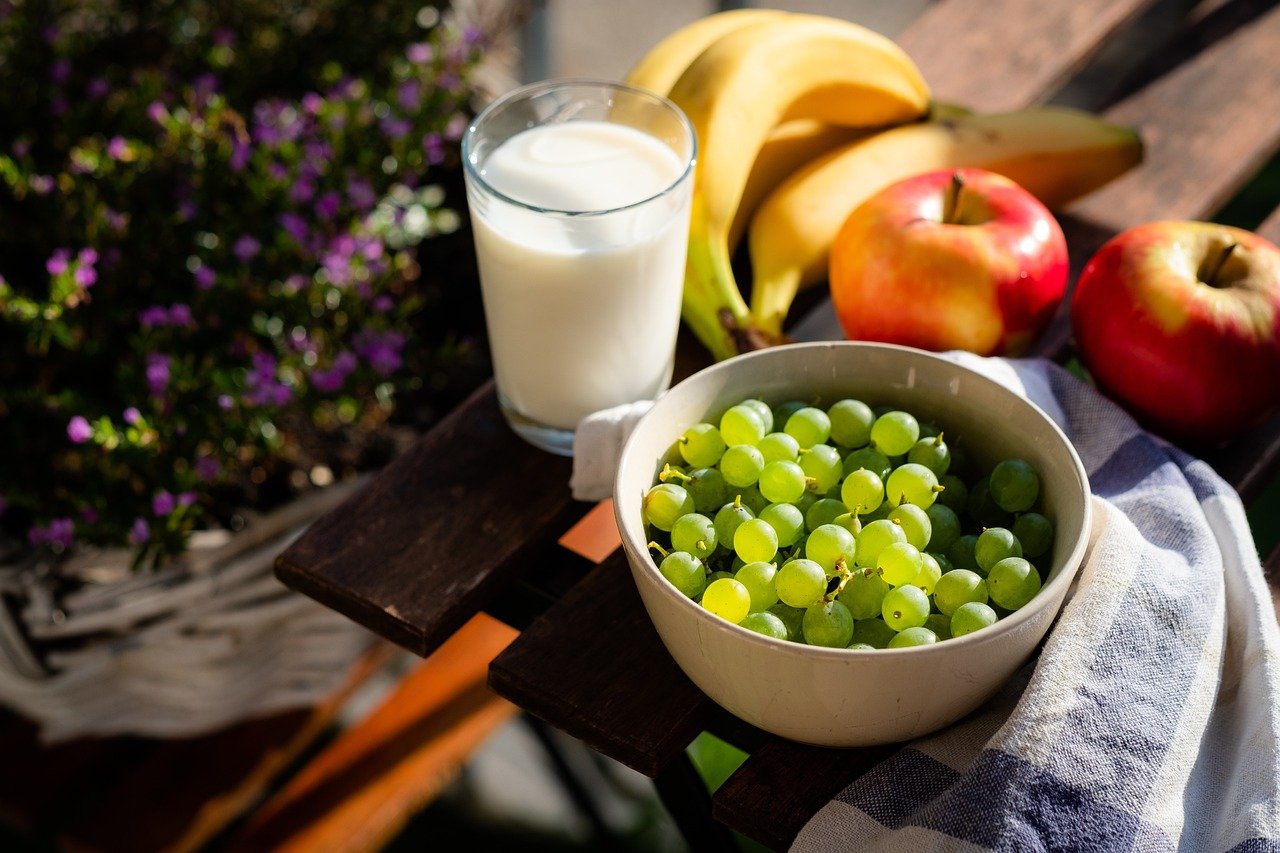Going to bed on a full stomach can make it harder to sleep. Large meals, especially late at night, require extra energy to digest, leaving you feeling tired and restless in the morning. But what we eat – and when we eat – can also help improve sleep naturally.
Foods That Can Help You Sleep
Certain foods may boost your sleep quality. Tart cherry juice, kiwifruit, and warm milk are known to promote better rest. Milk contains tryptophan, an amino acid that helps the body make melatonin, the hormone that regulates sleep. Other tryptophan-rich foods include eggs, fish, nuts, and seeds.
Melatonin from food can support the body’s natural sleep/wake cycle, but experts stress that one specific snack isn’t enough. A healthy diet throughout the day is what really improves sleep.
The Best Diet for Sleep
Studies show that plant-rich diets with whole grains, fruits, vegetables, dairy, and lean proteins like fish are most beneficial for sleep. Eating more fruits and vegetables has been linked to better sleep quality and reduced insomnia symptoms.
Tryptophan plays a key role, as it is converted to serotonin and then to melatonin. But it works best when eaten with high-fiber carbohydrates, like whole grains or legumes, which help the nutrient reach the brain.
Magnesium and Sleep
Magnesium, found in leafy greens, legumes, nuts, seeds, and whole grains, may help reduce stress hormones and support deeper sleep. While supplements can help, magnesium alone, won’t fix poor sleep habits. A consistent routine, balanced meals, and physical activity are also important.
Timing Matters
When you eat is as important as what you eat. Avoid heavy meals just before bed. Eating earlier helps your body distinguish daytime from nighttime, making it easier to fall asleep. Breakfast in bright daylight may even support natural melatonin production, further improving night-time rest.
Other Sleep Factors
A plant – rich diet can also reduce inflammation and support gut health, which may positively affect sleep. Mental health, exercise, and exposure to light and darkness also play major roles.
It’s important to differentiate between occasional poor sleep and a sleep disorder, like insomnia or sleep apnea. Proper diagnosis and treatment are essential, and diet can be part of a broader plan to improve sleep quality.





















